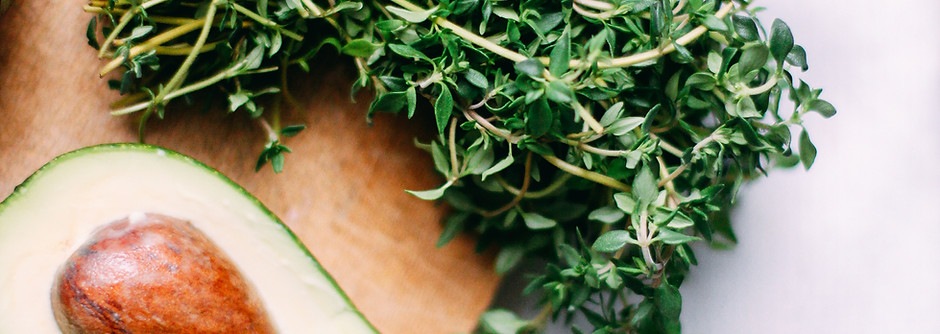How To: Take Veganism Beyond Food
- Dani Grady

- Nov 7, 2018
- 3 min read
Updated: Nov 14, 2018

Rewinding to the first post of this blog, I explained that vegans refrain from eating all foods made with animal products and by-products. We’ve delved into that topic quite a bit, discussing how to eat vegan in general, how to eat vegan both healthily and unhealthily, how to eat vegan out at restaurants and how to eat vegan while away at college.
However, later in that first blog, I mentioned that some vegans also avoid using cosmetic products that are derived from animal products. This side of veganism may not be as obvious as the diet, but just as with food, there are ways to avoid non-vegan body products.
Non-Vegan Cosmetic Ingredients:
The first step to avoiding non-vegan cosmetics is knowing what ingredients aren’t vegan. Starting with one that’s easier to identify as an animal by-product, beeswax, sometimes labelled as cera alba, is often used in different forms of makeup to keep oil and liquid components from separating, according to Plant Based News.
Further, Plant Based News lists a number of animal-derived oils and fats that are commonly used in skin care products. Squalene, an oil extracted from shark livers, and lanoline, a fat derived from grease in sheep wool, are both used in lip balms and moisturizers to soften skin. Glycerine and tallow, which both come from animal fat, are used for their conditioning abilities is soaps, hair care products and makeup.
Proteins like collagen, produced in the bodies of animals, and keratin, secreted in the hair, nails and horns of animals, are used for their plumping effect in lotions and lipsticks and their strengthening abilities in hair products, respectively, according to the Gentle World blog.
Though there are many other non-vegan ingredients routinely used in body care products, the ones discussed are among the most common. Luckily, there are vegan replacements for each of them, so vegans can enjoy skin care products just as much as non-vegans.
Vegan Replacement Ingredients:
Cruelty-free versions of the non-vegan cosmetic ingredients described tend to either occur naturally or be derived from objects in nature.
For example, plant and soy waxes serve as alternatives for beeswax, vegan squalene is derived from olives and wheat germ, natural lanoline comes in the form of coconut oil and both glycerine and tallow can be plant-derived from coconuts, olives and nuts, Plant Based News explained. Plant-based alternatives also exist for the proteins collagen and keratin, in the form of soy protein and almond oil.
Even if vegans are aware of the cosmetic ingredients to avoid and alternatives to look for, it still may be difficult for them to certify products as animal-free while they are out shopping. To help with this, People for the Ethical Treatment of Animals has established several lists of companies and products that vegans can reference, broken down into categories like “Cruelty-Free Companies by Product Type” and “Vegan Companies That Don’t Test on Animals,” since animal testing also goes against veganism.
“Seeking vegan products in the form of cosmetics, as well as food and clothing, sends a message to companies that you support the production of animal-free and eco-friendly alternatives,” Angel Flinn, Director of Outreach for Gentle World, said. “As well as choosing the healthiest products to use on your body, it’s good to know that there are companies with a social conscience that you can feel confident about supporting.”
Expanding veganism to the body may not be as straightforward as it is with food, but doing so is possible and makes for a well-rounded vegan.




I am a current vegetarian and I try to use as many vegan options as possible right now. I would like to make the transition to vegan after college, but I do associate myself as a "vegan in training". Because of my current lack of knowledge of vegan products on the market, this article will actually help me in my training. Do you know where I can buy organic soy and plant waxes locally, or do I have to buy it online?
Even though I am not a vegan this article was very informational on the subject. I learned that there is more than just foods that go into being a vegan. With all the makeup and oils that was being stated in the article it really made me think twice about how vegans are outside of not eating meat. They really don't eat or use anything cooked or made from an animal. It's not the life style for me but for some people its what they like and how they want to live.